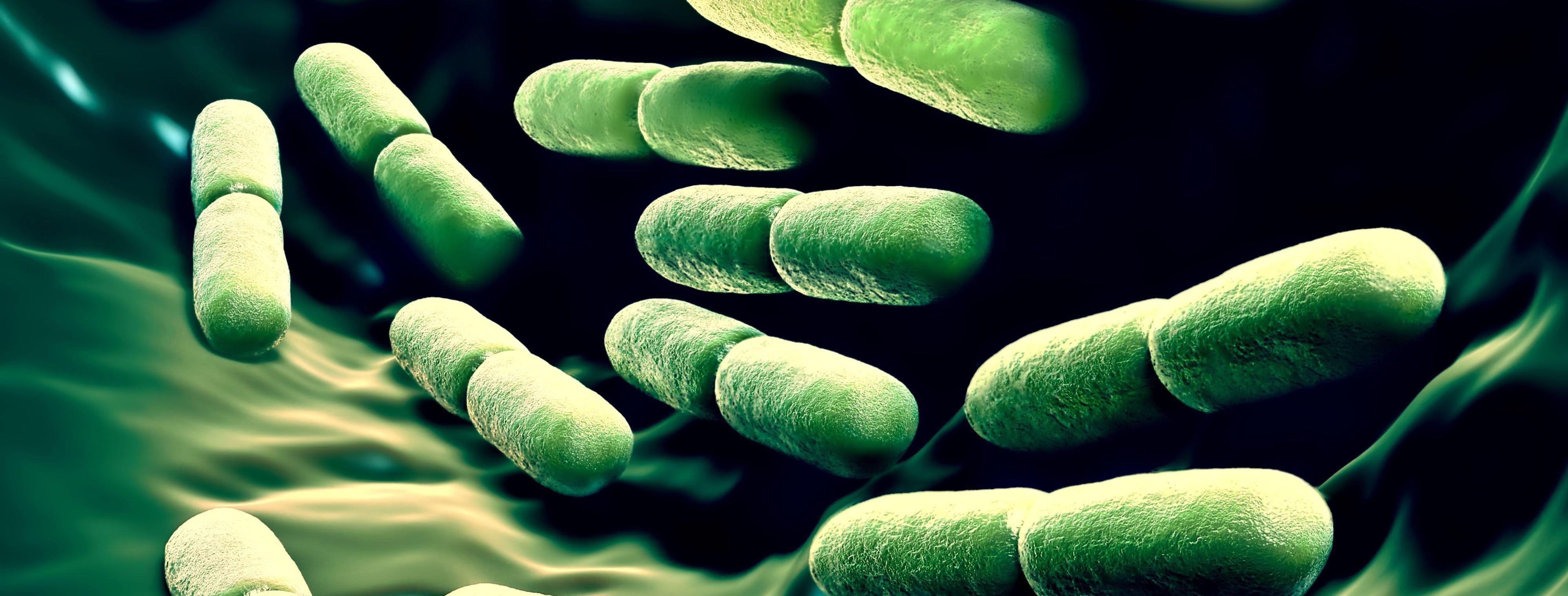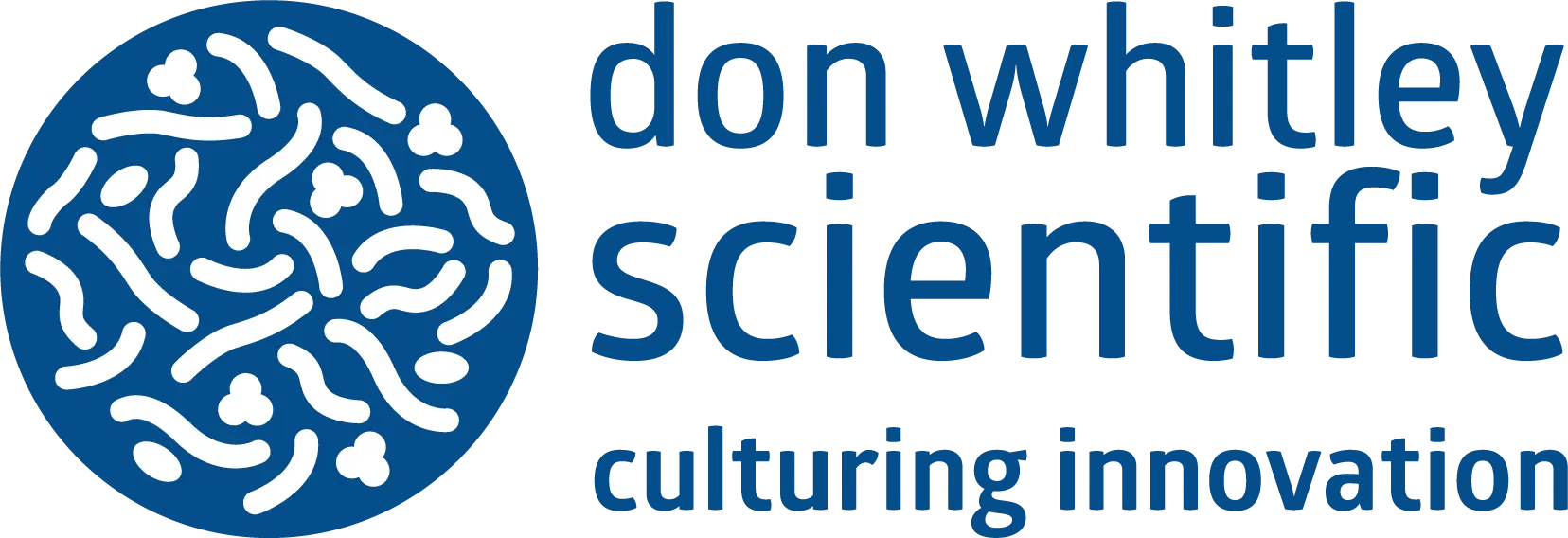
After the recent success of our Microbiome Webinar (the diverse roles of human and animal gut microbiota in health and disease), DWS microbiologist Kirsty McTear decided to investigate this topical subject further by conducting a review of two related papers. The review details studies exploring the correlation between the gut microbiome and food cravings.
Research into the gut-brain axis has continued to grow over many years, with studies branching into the effect of the gut microbiome on food choices. Last month, a study was published that showed that diet selection in mice is governed by their gut microbes [1]. This was achieved by breeding thirty mice to have ‘no’ gut microbiome and then colonising them with gut microbes from three different species of rodent [1]. Once this was done, their preferred diet changed [1]. The researchers knew this was due to the donor gut microbes because the diet change coincided with the change in intestinal gut properties and microbial fermentation, which mirrored those seen in the guts of the donor mice [1].
The effect gut microbes have on our food cravings is due to chemical signalling and the brain [1]. The presence or absence of certain gut microbes modulate the levels of chemicals in the brain - e.g., tryptophan [1]. Tryptophan is an essential amino acid, which is broken down into bioactive metabolites, including serotonin, which is commonly known as “the happy hormone” but also informs us as to when we are ‘full’ after a meal [1]. This amino acid was a key player in the study previously mentioned, as the metabolism of the bacterial genes involved with tryptophan correlated significantly with diet selection in the mice [1].
This is by no means the first study into how gut microbes influence diet selection; in 2017, a paper was published showing that essential amino acids and gut bacteria (Acetobacter and Lactobacilli) were key in modulating diet selection in Drosophila flies [2]. More specifically, Acetobacter and Lactobacilli have a mutual relationship where they work in unison to reduce appetite [2].
The progression from Drosophila studies to mice studies is advantageous as mice are preferred when studying complex biological systems. This is because they develop diseases in a natural way just like humans. Research into the effect of gut microbes on diet selection is evolving and will continue to evolve as time goes on. It is hoped that during these kinds of studies, we can gain more of an understanding of how the gut microbiome influences chemicals in the brain and hopefully this research will influence drug treatments for certain diseases, including bowel diseases, as dysbiosis of gut microbes can cause these diseases [1].
 (Image of Lactobacillus)
(Image of Lactobacillus)
- Trevelline B, Kohl K. The gut microbiome influences host diet selection behavior. Proceedings of the National Academy of Sciences. 2022;119(17).
- Leitão-Gonçalves R, Carvalho-Santos Z, Francisco A, Fioreze G, Anjos M, Baltazar C et al. Commensal bacteria and essential amino acids control food choice behavior and reproduction. PLOS Biology. 2017;15(4): e2000862.
Follow the link to watch our latest Microbiome Webinar: The diverse roles of human and animal gut microbiota in health and disease.
For more information regarding the Whitley Anaerobic Workstation range contact our sales team on:
Telephone: +44 (0)1274 595728
Email: sales@dwscientific.co.uk


 au
au

 English
English